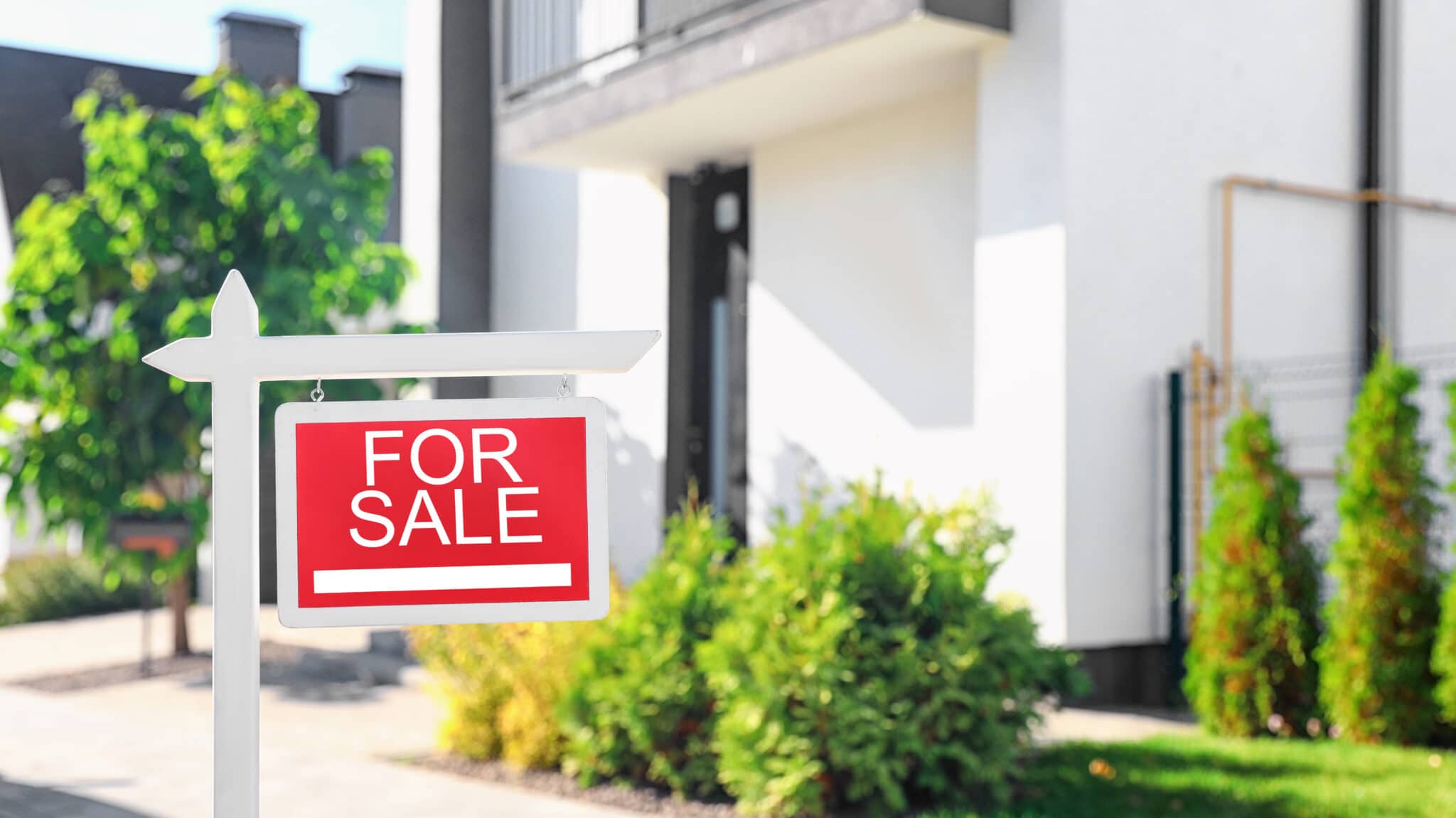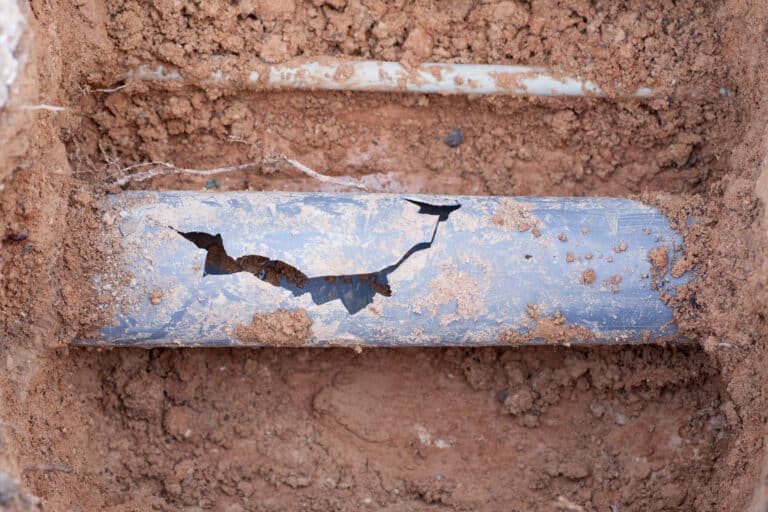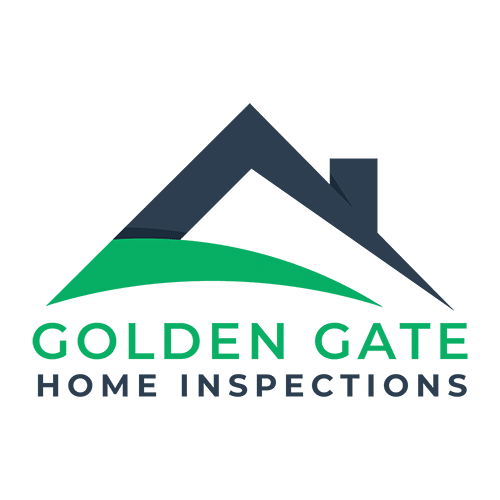Condo Inspections
Fast, Professional condo inspections near you in the SF bay area
Condo Inspections
Condo inspections are a must for any new condo owner. We highly recommend getting condo inspections before purchasing. Our condo inspections include a full interior inspection with a focus on the electrical, plumbing, and HVAC systems. We will take a look at common spaces if they are connected to your space and can take a general look at the exterior to give you an idea of what might be happening at the exterior around your unit.
Our reports for condo inspections are detailed and thorough with photographs of everything we take note of during the inspection and we can provide you with a walk-through at the end of the inspection to show you the issues that we have found during the inspection.
Certified Home Inspectors
All of our Home Inspectors are certified by either ASHI or InterNACHI to provide industry-standard Home Inspections for buyers, sellers, and existing homeowners.
Highly Rated
We are a highly rated home inspection company. We have earned this reputation by providing quality, unbiased home inspections, and excellent customer service.
Experience & Training
Our home inspectors have years of experience in the trades and perform additional training yearly to stay up-to-date on the latest home inspection tools and techniques.
Rapid Turnaround
We are an agile and accommodating inspection agency. Our normal turnaround is 1-2 business days but we can do same-day reports for tight contingency timelines.
Schedule Inspection
To schedule an inspection or get a quote, just fill in the form below and someone from our team will reach out to you shortly.
Condo inspections are an important part of any real estate transactions
What is a Condo Inspection?
A condo inspection is an interior-only non-invasive, visual assessment of the condition of a home. Condo inspections are performed by a home inspector who is trained and certified to perform professional home inspections.
At Golden Gate Home Inspections, all of our home inspectors are certified, by either InterNACHI, ASHI, or CREIA. They are trained to inspect each system of a home and are specialists in inspecting the wide variety and ages of properties in the San Francisco Bay Area.

Our Foundation inspections are detailed and comprehensive
What do Condo Inspections include?
Interior Room-by-Room Inspection
Detailed inspection of the interior of the home assessing the general condition, testing electrical and plumbing functionality, and looking for any issues related to moisture intrusion and structural movement.
Electrical System Inspection
Visual inspection of the service entrance conductors, electrical main and sub-panels, branch wiring circuits, breakers and/or fuses, and identification of panel capacity.
Plumbing System Inspection
Investigation of the home’s plumbing system including water supply and drainage lines, gas supply lines, and water heater.
HVAC Inspection
Inspection of the home’s heating and cooling systems assessing the general condition and proper functionality of the systems.
Optional Items for Condo Inspections:
Condominiums in the San Francisco Bay Area come in many different sizes and configurations. If your condo is a converted apartment into either a TIC or a Condominium, you can choose to have additional items below included in your inspection.
Roof Inspection
Examination of the entire roofing system including the roof coverings, flashings, drainage systems, skylights, chimneys, and roof penetrations.
Exterior Inspection
Inspection of the exterior of the home including the siding, flashing, and trims; walkways, patios, and driveways; and the grounds and drainage of the property.
Foundation Inspection
Visual examination of the foundation and structural elements of the home including inspection of the crawlspace and/or basement.
Attic Inspection
Visual inspection of the attics’ structural elements, insulation, and general condition.
Pricing Details
How Much Do Condo Inspections Cost?
The price of condo inspections varies based on the square footage of the property,
and what’s included in the inspection. Our pricing starts at $545 for up to 800 sqft.
Condo Inspections + Roof & Exterior (Condo/TIC), Townhomes
starting at
$795
These condo inspections are tailored to TICs, Condos with smaller HOA’s and Townhomes. It includes all of the items from the normal condominium inspection but adds on an inspection of the roof, exterior, common areas, and foundations where accessible. This can help prevent surprise expenses that can arise after escrow closes.
1 Certified Home Inspector
1-2 Hours
Condo Inspections (Interior Only)
starting at
$585
Our standard condo inspections include an inspection of the entire interior of the property, any attached common areas, and utilities.
1 Certified Home Inspector
1-2 Hours
Not what you need? Check out the other home inspection services that we provide.
Frequently Asked Questions about condo inspections
Frequently Asked Questions
What people are saying
Protect Your Investment.
Schedule a Condo Inspection Today
Home Inspection Tips
We provide condo inspections for home buyers, home sellers, and realtors.
Preparing for your home inspections can help ensure that the inspection goes smoothly.

Tips for Home Buyers
As a homebuyer, we want to make sure that you get the most out of your home inspections. Here are some quick tips for home inspections for buyers:
• Attend the Inspection: Attending the home inspection is a good way to see the issues firsthand and get explanations about causes and possible solutions.
• Come Prepared: Write down any specific concerns about the property and/or questions to ask the inspector.
• Check Property Disclosures: Review the seller’s property disclosures before the inspection. Make sure to inform the inspector so that they can inspect those items specifically.
• Let the inspector work: Try to avoid unnecessary interruptions to the inspector so that they can focus and provide you with a thorough home inspection report.
• Ask questions at the end: Make sure to ask any questions that you have before the inspector leaves.
Getting a quality Home Inspection is an essential part of purchasing a home. This key part of the process of purchasing a home should never be overlooked as it can be the difference between a great purchase and a bad decision.
Our home inspections are an all-encompassing test of the condition of your home. We check all of the major systems of the home, test all of the appliances, and report on the general condition of the property. Because the purchase of a new home is such a significant decision it is essential that you use the home inspection to detect any costly repairs that may need to be made and to find out the true condition of the home. In the San Francisco Bay Area, many homes are decades old and have had multiple owners or tenants so you want to keep that in mind.
If you are concerned about the foundation, we can help. We have deep experience examining and assessing the many foundation types found here in the Bay Area and providing guidance on issues we may find. We have found through our foundation inspections that most homes in the bay area have some cracking in the foundation but not all cracking means you shouldn’t buy a home or you have to undertake a major foundation repair work. Let one of our experienced foundation inspectors take a look and give you some insight.
Termite Inspections are also recommended as it is focused specifically on wood-destroying pests and goes beyond the surface to find problems. Termite inspection reports also include pricing if any wood-destroying pests have been identified. The work order will have pricing for the eradication of the pests plus the repair of any wood damage they have caused.
Plumbing, roofing, wiring, and insulation issues can all be detected by one of our certified home inspectors and this can save you hundreds if not thousands of dollars on repairs. At Golden Gate Home Inspections we are in the business of not only saving you money but also helping you feel confident about your purchase and settling you into your new home in the San Francisco Bay area.

Tips for Home Sellers
Home inspections for Sellers or pre-listing inspections can help you understand any deficiencies that might affect your purchase price.
Selling your home can be stressful and the last thing you want is surprises. Surprises can negatively affect your transaction.
Below are some tips that can help you get prepared for your home inspection and avoid receiving a home inspection report that is full of basic maintenance issues. We hope that these lists help you sell your home quickly and with the least amount of hassle.
Here are some quick tips we recommend for your pre-listing inspection:
Before Inspection Day
Exterior
- Clean debris from roof coverings, gutters, downspouts, and drains
- Re-caulk exterior windows and doors
- Repair any damaged masonry on walkways or steps
- Repair any minor defects on the exterior surfaces
- Replace any missing or damaged shingles on the roof
- Seal driveway cracks
Interior
- Repair leaking faucets and fixtures
- Repair cracked and broken window panes
- Have chimneys cleaned
- Have a licensed electrician inspect receptacles and switches, then make any necessary repairs. Make sure to have GFCI outlets installed within 6′ of any water source
- Re-caulk around bathtubs and sinks
- Arrange service for your HVAC unit
- Replace batteries in smoke and carbon monoxide detectors
- Loosen any windows that are painted shut
- Make sure all doors and windows open and shut smoothly
Disclosures and Warranties
- Disclose any past fires, floods, moisture intrusion events and major repair work
- Provide any building permits or plans for past or planned renovations
- Provide invoices and warranties for any major improvements, such as, roofs, furnaces, hot water heaters, and appliances
Inspection Day
- If the buyer will be present, we recommend that you be away from the house for the duration of the inspection
- Clear entrances to any crawlspaces, attics, basements, storage sheds, or garage
- Clear pathways to the furnace, water heater, and air conditioner
- Provide keys for any locked doors
- Keep any pets in a safe location or remove them from the property if necessary

Tips for Listing Agents
Home inspections are a key part of most real estate transactions, whether buying or selling. As a real estate agent, it’s important to understand how to navigate this process, which can help your clients get the most out of their home inspection. In fact, quality pre-listing home inspections can provide a smoother sales process with fewer headaches and stress. These inspections can help you get maintenance performed before the property hits the MLS and you have offers coming in while preserving your negotiating position.
Listing agents can play an important role in helping their client prepare their homes to go on the market. Staging and cosmetic improvements may come top of mind in terms of creating additional perceived value for the home. This is normal. However, sellers should also consider preparing their homes for the home inspection.
The results of pre-listing home inspections can affect the transaction by giving buyers the opportunity to use the issues located in the inspection report as leverage to negotiate a lower purchase price. And, in some cases, the deal may fall apart because of some of the findings in the home inspection.
Listing agents can help mitigate the need for these negotiations by helping your seller get prepared for a successful home inspection. By helping your client get prepared for the home inspection, you can help them avoid the headaches that can come from unexpected surprises.
So, aside from the cosmetic improvements and staging that you are planning, here are some other items to consider:
Safety Hazards
- Test all Smoke Detectors, replacing batteries if necessary
- Test or install CO Detectors. Make sure that one is present in between the kitchen and the bedrooms
- Look for any electrical issues: GFCI outlets installed within 6′ of a water source, electrical outlets without covers, open junction boxes
- Look for any mold-like substances and repair as possible
- Look for any Trip Hazards on walking surfaces, interior or exterior, as well as steps and handrails
- Open and close all windows in the property as they are a form of egress in case of emergency
Other Issues
- Check for ceiling stains as they can indicate current or previous water damage issues
- Check for leaky faucets, slow drains, and running toilets
- Look for, repair, and paint any rotting exterior wood. This can alert you to signs of wood-destroying pests or structural damage prior to listing
Making repairs and getting those items cleared out of your home inspections report is a crucial step before uploading the report to the MLS.
With Golden Gate Home Inspections, we provide you with several ways to get your home inspection report cleared. Make sure to speak with our customer service team when you book your home inspections. They can provide you with the details necessary to list the property with as clean a report as possible.

Tips for Buyers Agents
Detailed and thorough home inspections can help provide your buyer with confidence that they need to move forward, maintenance tips, provide leverage during the negotiations, and avoid costly legal issues after the transaction is completed. Smart realtors use home inspections as a protective tool.
As a real estate agent, it’s important to understand how to navigate this process, which can help your clients get the most out of the home inspection. It can also help build trust between agents and their clients.
When it comes to buyer’s home inspections, one of the primary roles that you can play is in educating your buyer about the importance of getting an inspection.
This includes some of the following items:
- Explaining the home inspection process and why it’s important
- Setting expectations for your client
- Helping your buyer understand the results of the home inspection report (don’t focus on the trivial)
- Please DO attend the inspection
- Please DO convey any specific issues you are aware of from the disclosures to the inspector so that they may take a deeper look
- Please DON’T invite too many people to the inspection as this can be a distraction and cause items to be missed
In summary, a positive home inspection will pave the way for a smoother closing. Home inspections provide your clients with valuable knowledge and give your clients a chance to have the key issues noted in the report repaired. And in the end, your client will appreciate having a full understanding of the condition of their new home.
The Home Inspector’s Blog

5 Critical Changes in California’s Home Insurance Landscape
Explore solutions to California’s home insurance crisis with our in-depth analysis on navigating insurer pullbacks, understanding regulatory impacts, and employing strategic homeowner actions to secure coverage.

Essential & Overlooked: The Complete Homeowner’s Guide to Sewer Lateral Inspections
Discover the unseen yet vital aspect of home maintenance in our comprehensive guide on Sewer Lateral Inspections. Learn why these inspections are crucial for every homeowner, how they can save you from costly future repairs, and the legalities involved in maintaining your property’s sewer system. This guide delves into the importance of regular professional assessments, the risks and limitations of DIY inspections, and essential tips for preventative maintenance. Stay informed and protect your home by understanding the intricacies of sewer laterals – a key component of your property’s plumbing health.

Winter Home Inspection Checklist: What Every San Francisco Homeowner Should Look For
Winter Home Inspection Checklist: What Every San Francisco Homeowner Should Look For

